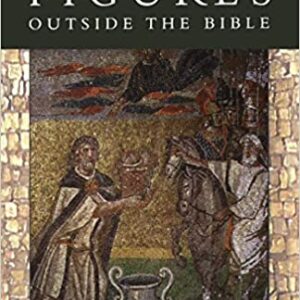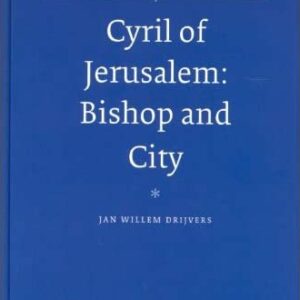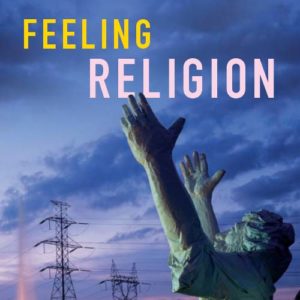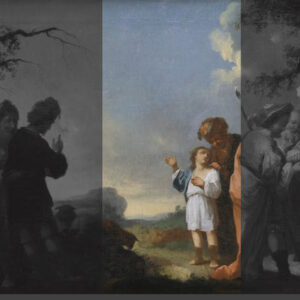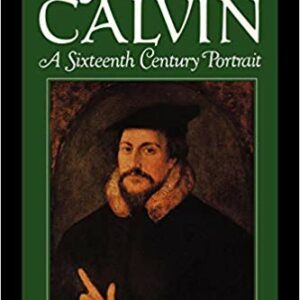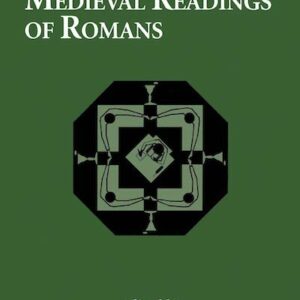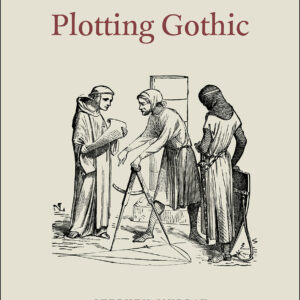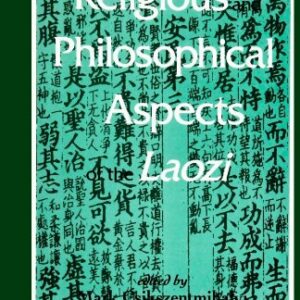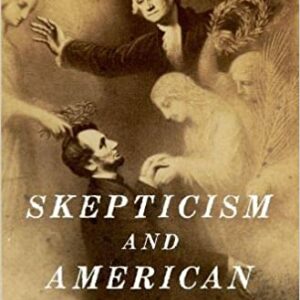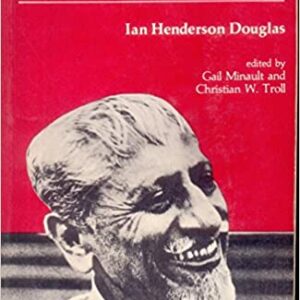
Abul Kalam Azad: An Intellectual and Religious Biography
By Ian Henderson DouglasEdited by Gail Minault (NHC Fellow, 1987–88) and Christian W. Troll Abul Kalam Azad (1888-1958)–President of the Indian National Congress from 1939 to 1946, outspoken opponent of Jinnah and Partition, symbol of the Muslim will to coexist in a secular India, and scholar and intellectual–was one of modern India’s most important leaders. … Continued
